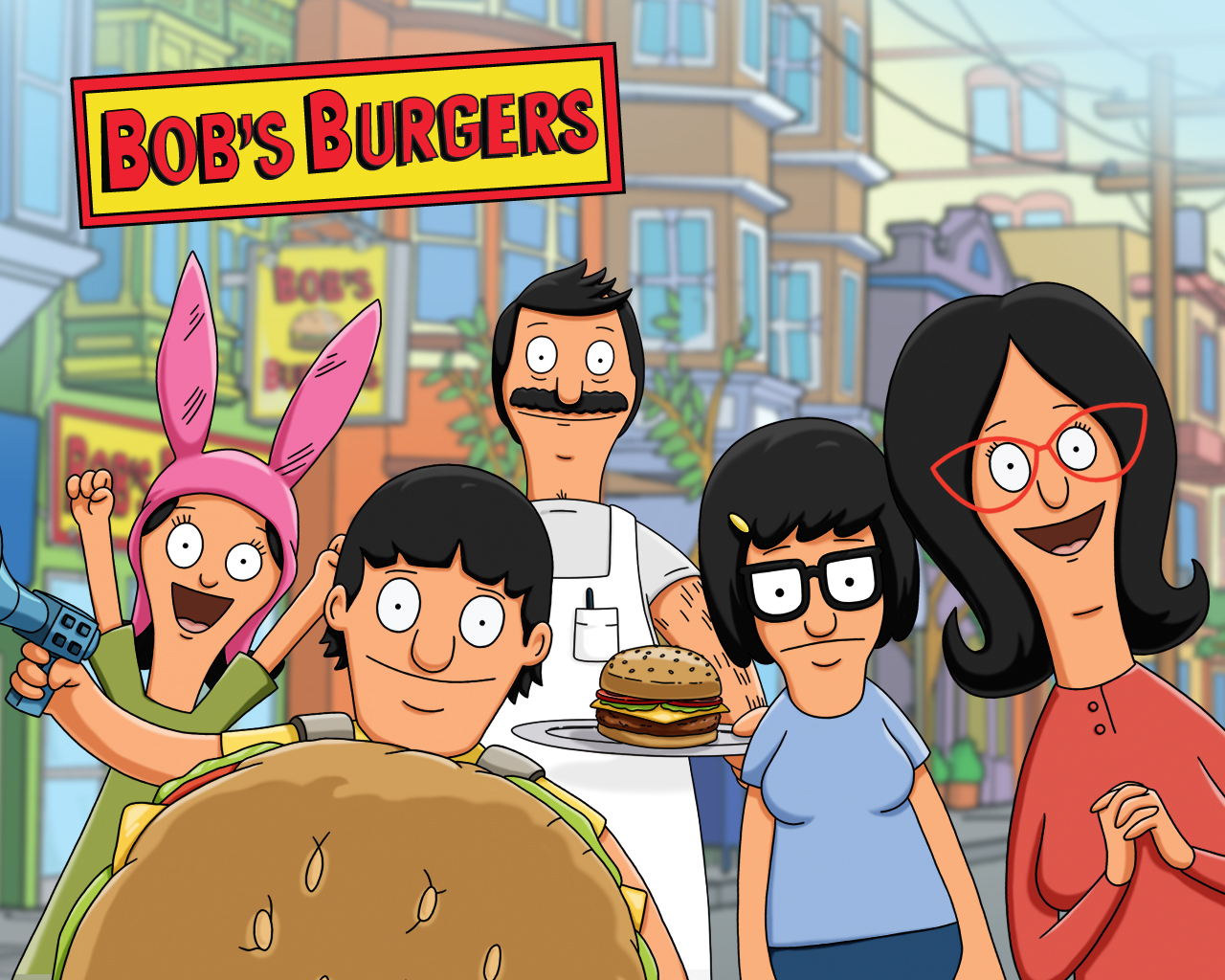Vanishing Hero: A RWBY Editorial
Can a “simple soul” survive?
There are as many ways to tell a story as there are colors in the rainbow. Tales of good, evil, love, hate, life, death, and so much more. Similarly, there are many ways to create a path for the main character to follow. There’s the Positive Change Arc, which most are familiar with, where a character grows out of their flaws to become an improved person. There’s the Negative Change Arc, typically centered on a character slowly sinking to a tragic conclusion. And there’s the Flat Character arc, where instead of changing themselves, a character helps to change those around them.
RWBY closes in on its fifth season, beginning this Saturday. It’s the continuing story of killing monsters, unique and overdesigned weaponry, hard mode cosplay designs, unnecessarily long walks, the fight of good against evil, and those we lose along the way. I’m sure if you’re reading this, you know those basics of the show’s plot and behind the scenes history, so I won’t bore you with retreading that. What I’m here to talk about today is an important member of the cast who has faded from view without viewers knowing, and may never quite reclaim their rightful place again:
Ruby Rose.
You might think this is a pretty premature thing to claim, given that, first off, she is the “R” in the title team’s RWBY, named also for her. She’s alive and well in the story, in all the advertising, headlines all the supplementary material like games and books, recently got a new power up to make her even more extra special important to the plot and is just so…cute. She’s right there in front of us, so what the hell am I talking about saying she’s “faded away”?
People who know me know that I have no shortage of issues with how this show executes its…just about everything, but today we’re just going to be covering one unusual and tragic recurring event that has grown more apparent as the series goes on. The phasing out of Ruby Rose, the ostensible hero of RWBY.
Now, before we can make a case for how this character is being mistreated within her own story, we must establish how she is constructed. Ruby Rose, simply put, is a good girl. Loves her mama. Loves Huntsmen. And Remnant too (RIP Tom Petty). She’s introduced as a lover of fairy tales, having a talent for fighting, and a strong sense of duty in how to use that. Namely, in fighting bad guys who threaten things she likes, which are mainly her friends, family, and all things associated. She’s kind, compassionate, and accepting of all nice people, even if they’re robots or half-animal, and wary, confronting, and uncompromisingly defiant of evil. But she’s naïve, childish, and has a pretty simple view of morality in the world, aspiring to the noblest position in her world, a Huntress tasked with exterminating demonic creatures known as Grimm.
Seems like a pretty workable set up for a hero character, right? A lot of hero’s journeys are set around the protagonist finding their idealized view of the world is more complex and grayer than they first thought. And to its credit, RWBY the show does explore this to…VARYING degrees of success through topics like racism, PTSD, and whether or not completely unqualified people should be allowed to cheat their way into school just because they wanted it really really bad. However, none of these topics relate back to Ruby herself, only people around her.
What usually evokes change or exploration of what drives a character is the challenging of “The Lie The Character Believes”. This is something simple that the character believes which holds them back from the story’s intended growth. In The Incredibles, Mr. Incredible believes working alone is the only way to prove his strength, but he learns by the end that accepting his family and their help makes him stronger than ever. Likewise in the Pixar camp, Finding Nemo shows widower Marlin as holding a strict belief that the only way to protect his son Nemo is to never let him out of his sight, but learns by the end that he needs to be able to let his son free to make mistakes in order to truly learn how to live.
Ruby, as she has been represented in the show’s previous 52 episodes, doesn’t have this. The beginning and end of her personal philosophy is “Friends and family and huntsmen are good, villains and Grimm are bad, eventually good will always beat evil because that’s how it works.” It’s not exactly a wrong way to think given the world she lives in and what she’s exposed to, but that’s the problem. There’s nothing for her to personally overcome beyond the physical task of beating bad guy butt. And it seems the writers have become slowly aware of this, based on how her character has progressed compared to others.
While Ruby is set up as a perfectly fine as a naïve hero archetype, doesn’t have much in the way of a character arc set up for her. The first point of evidence pointing this being her first appearance and the thing that kicked off the RWBY hype train altogether: The Red Trailer. The enigmatic then-unnamed Ruby slicing up proto-designs of Grimm with her sniper rifle scythe and a smile on her face. It had such an impact and threw everyone for such a loop that we all almost forgot that it was basically just a context-less fight scene. Her future teammates also received their own color based shorts with a considerable more personality in each one, and it’s not much of a surprise that when it came time to make shorts for each of the main four regarding the current arc, hers is once again focused entirely on fighting monsters and nothing else.
This is pretty forgivable, as that first video was arguably more about introducing the action and tone of the show and so wouldn’t necessarily need to tell us everything up front. The show itself begins with quite a bit of focus on her, displaying her fighting skills against a few robbers, getting to gush about her admiration of Huntsmen and Huntresses and conveniently having the right eye color to get bumped up two grades and start training at Beacon Academy. A lot of her story in the first season centers on her adjusting to her new surroundings at Beacon, as well as making friends with her future teammates and comrades.
And by “a lot of” I mean all because all of the parts of the season focusing on her is just the first half. After all, that is over and her team is formed, she basically is in the passenger seat as the role of protagonist bounces around across different characters that do not have a red hood or a scythe gun. First is a couple episodes about her new spoiled rich girl teammate Weiss reacting poorly to Ruby’s appointment as leader, which is mainly resolved by a professor telling her to knock it off, while Ruby is just told she’s doing fine by their headmaster. Next is FOUR STRAIGHT EPISODES focusing on the leader of the show’s B-Team dealing with his own drama, with Ruby only showing up to tell him to get over it because he’s a leader now. The season closes with a spotlight on RWBY’s quieter member, Blake, and her relation to Furry terrorist group White Fang, while Ruby justifies her existence by neutrally observing racial debates and chauffeuring a robot she befriended to completely upstage both her and Blake in the big final showdown.
The following season sees Ruby mainly following Blake’s lead as the events of the previous finale, looking further into the terrorists and their connection to thieves Ruby met at the beginning of the story. That’s not to say she’s completely left out of the events, but she’s usually just along for the ride with the rest of her team as they plan stakeouts and gather intel, and she doesn’t really have any emotional or personal stake in things outside of “beat the bad guys”, as opposed to Blake who is trying to redeem and combat a group she used to believe in. Because Ruby’s role at this point isn’t to grow or learn, or change, or influence others, it’s to wander off into plot point moments no one else notices and get praised for that. The first example being when she wanders off from a school dance to briefly fight a lead villain, leading to the more character-rich section of that season…for everyone except Ruby.
While doing recon with her team, their accompanying Huntsmen teacher asks her teammates questions that explore their respective backstories and motives for choosing this line of work: Weiss feeling obligated to use her power to protect because of her family’s wealth, Blake desiring to combat injustices, and Yang attracted to thrill-seeking and uncertainty. However, when he gets to Ruby, he doesn’t ask her anything. In fact, SHE gets to ask HIM these questions, as if her being there just speaks for itself. This is then followed by her yet again wandering into the plot which culminates into basically a ton of consequence-free fights and a pretty anticlimactic close to that season. This ends with no real focus on any particular character, but in the context of following Ruby, it begins to box her in as less of an autonomous agent in events and more of a plot detecting robot. More so than the actual robot she’s friends with.
This doesn’t really improve as the show ends its first arc. Ruby shares a touching moment at her mother’s grave and then goes on participate wholeheartedly with her team in the first round of fighting tournament hyped up since the first season. Then she is ushered out of the said tournament during an off-screen vote on who will advance, due to the odd nature of the competition widdling down members from each team until only one is able to participate in one-on-one fights. After that, the majority of her job in the remainder of that season is simply reacting to things. Cheering her uncle in a fight, cheering her teammates in their fights, being shocked when something surprising happens, crying when something sad happens, and reacting SO HARD at the end that even beats the bad guy.
But being solely reactionary doesn’t mean a character is changing simply because they acknowledge events happening around them. It’s the difference between throwing a rubber ball versus a water balloon. A rubber ball reacts by bouncing off of things but is usually mostly unchanged by it, while the balloon is forever irreversibly changed when it makes contact. There are mediums in between these two extremes, but there’s my point. Even when her school is being demolished and she sees three people die in front of her, the most we get out of her in terms of a character moment is an affirmation to fight evil no matter what happens. Admirable for sure, but also more confirmation that while most move forward from these events, and an entirely new conflict unfolds amongst supporting characters, Ruby Rose stands completely still and is none the wiser.
Which brings us to the most recent season, with her role almost completely deflated. In one of the more polarizing aspects of that season, the four protagonists were divided in both location and story, with Ruby latching onto the aforementioned B-Team and being relegated to comic relief and cheerleader, losing the finale spotlight to pretty much everyone. Even upon learning, she has an ancient power invaluable to beating the bad guys, nothing about this sets in motion any incentive for her to expand her view of things beyond “protect my friends, beat the bad guys.”
And, as mentioned, growth and change within a protagonist are not necessarily required for a well-executed story. There is such a thing as “Flat Character Arc”, where the protagonist of a story does not change. I hoped this would apply to Ruby and make this whole analysis go a different way. After all, Ruby is sometimes described as having a “simple soul”, hinting at her childish and simplistic views being almost a guiding light during times of darkness. Unfortunately, the key aspect of a Flat Character Arc is that the character going through it is meant to influence OTHERS. As K.M. Weiland describes this appeal of this technique,
“Why do readers enjoy this self-proclaimed “flat” arc—this story of a static character? They enjoy it because it is still a story of change. The difference is that the character is the one changing the world around him, rather the world changing the character, as we find in change arcs.”
And Ruby’s impact on the mindset of others beyond being a competent fighter is as benign as I wish that shadowy lump on my X-Rays was. Unlike her would be anime protagonist peers such as Monkey D. Luffy or Naruto Uzumaki, or even YA leads like Harry Potter or Katniss Everdeen. Ruby Rose’s role in her own story seems stuck in the background until a big fight comes occurs, and even then her prowess isn’t guaranteed, if her throwing an electric attack at a rock monster is any indicator.
Like most viewers, I don’t have much of an idea for how Ruby’s character will progress as the series goes on, and I hope it’s far more substantial than we’ve seen. But until then, she’s pretty much an embodiment of her flying rose petals signature. Fleeting, pretty to look at, but only ever the remains of something that could insight change, and yet likely never will again.
Check out Helpingwritersbecomeauthors.com for more information the techniques mentioned here.
























"There are also other characters that come and go (also owned by the Warner Bros. Discovery conglomerate media company)."
Huh. Is that just referring to other characters from the show itself, or is this implying that the new season is going to have cameos from other WBD IPs